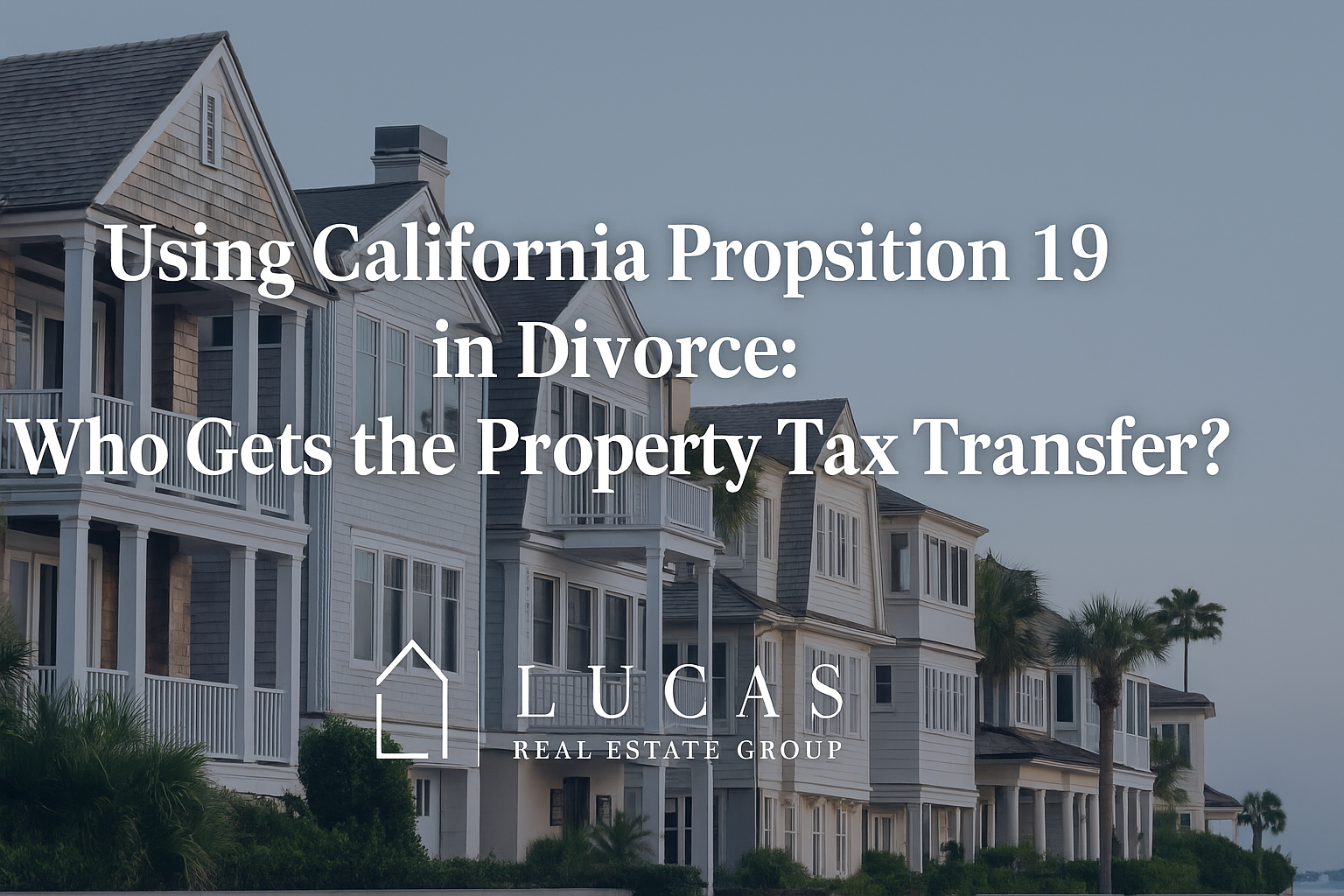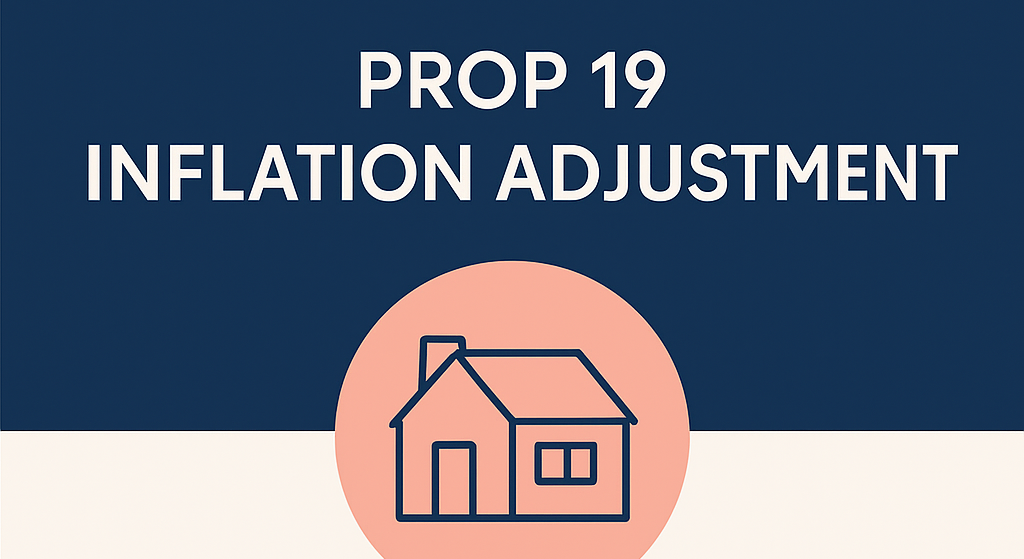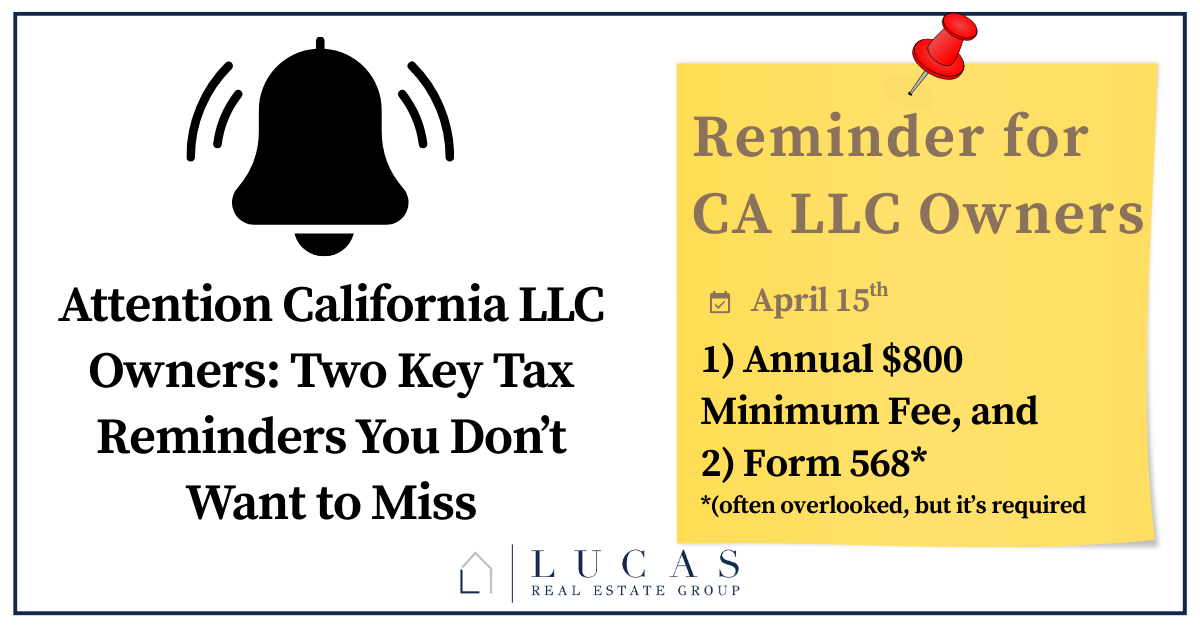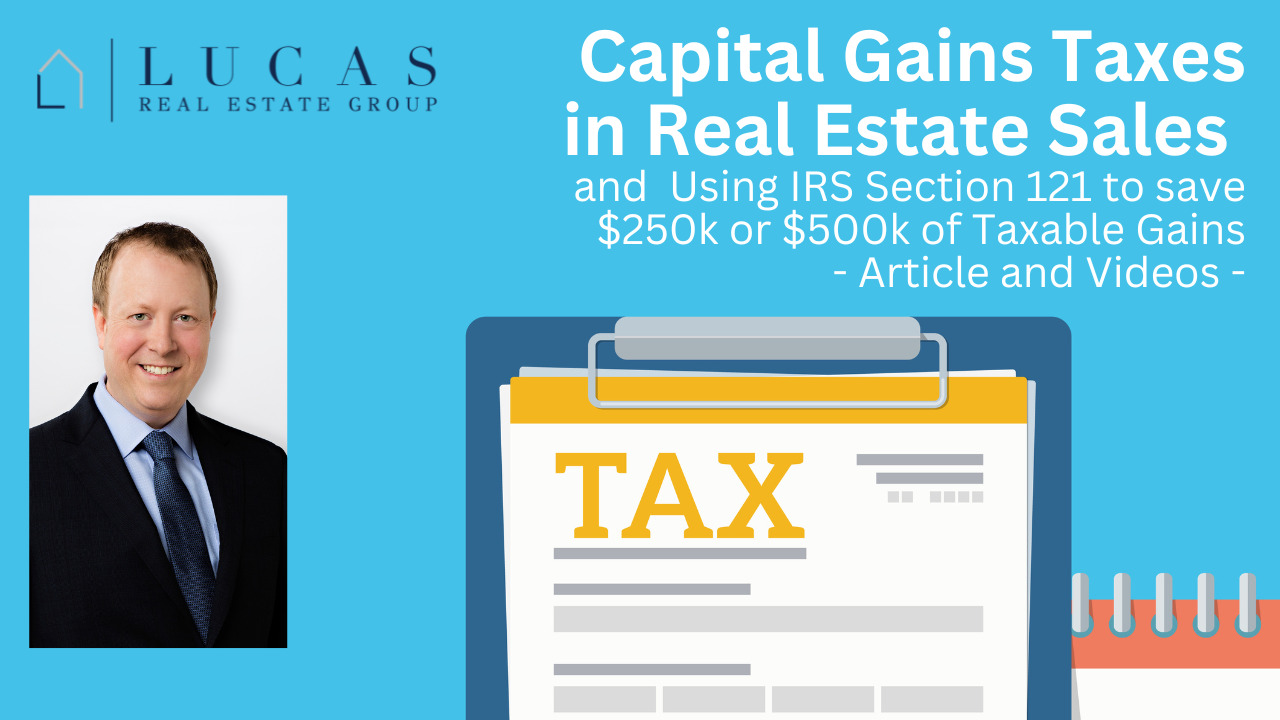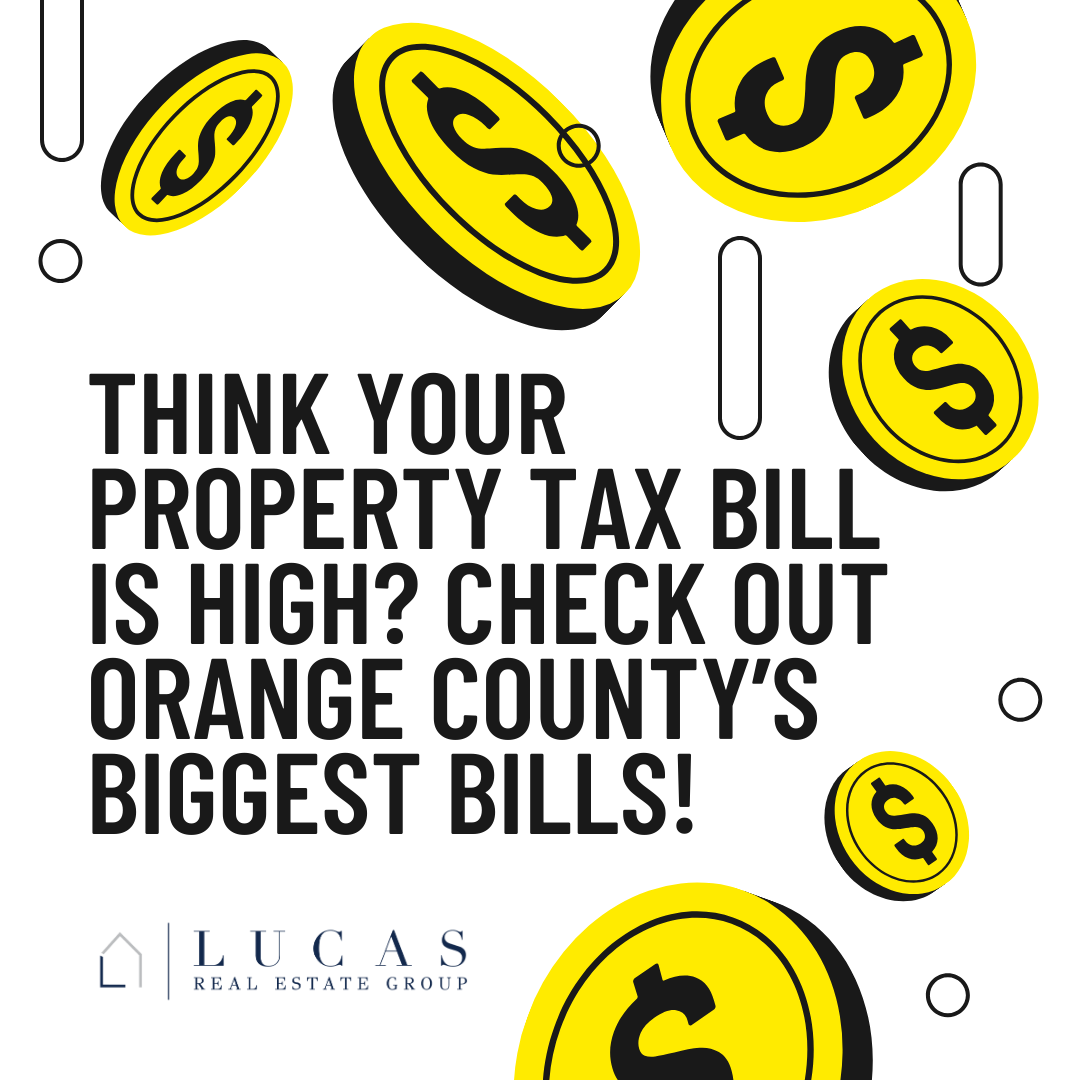Navigating divorce is difficult enough—don’t let California Proposition 19 add to the confusion. Learn how property tax base transfers work under Prop 19 when divorcing spouses own a shared residence. Only one spouse can claim the tax benefit, but the claim form doesn’t ask about divorce—making it essential to plan ahead and document who gets to use it. Lucas Real Estate Group breaks down the rules, risks, and best practices to help you protect your financial future.
